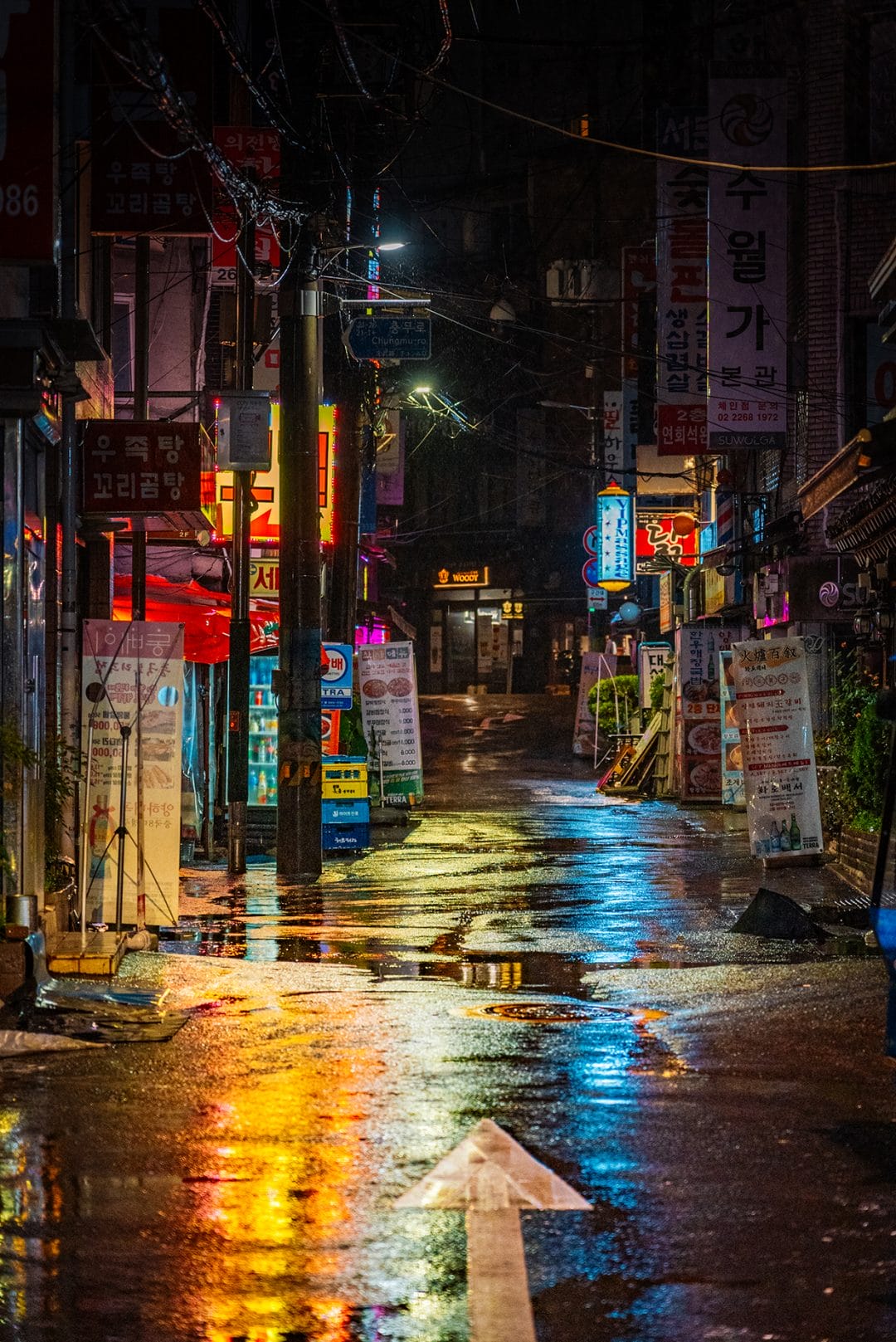July 2023 | poetry
Let’s begin with memory.
How do you usually find yourself
returning to your past…
thrust back by crisis,
needing overdue explanations
and ready to demand them?
Or slowly, a sadness
beginning to make itself
painfully evident?
Or swept away by emotion
like a swollen muddy river
on its righteous way
to take over a town?
Maybe you simply wake up
foggy after a midday nap
filled with the vague idea
someone didn’t tell you everything.
Though if you are lucky,
maybe you are be transported back
by the taste of syruped pancakes
or the smell of a box of old books,
so that you are transported
to familiar happy images
once vivid but now a bit clouded
by your mind’s cataracts,
giving you a soft sense
that all that has happened is a gift.
Anne McCrady
Anne McCrady is a poet, speaker, and peace advocate. In addition to her award-winning poetry collections Along Greathouse Road, Letting Myself In, and Under a Blameless Moon, and her original parable Kevin & the Seven Prayers, Anne’s writing appears internationally in literary journals and anthologies. Anne’s work has also been presented as short film, art song, libretto, and liturgy. She is a two-time Pushcart nominee. Anne also has editorial, review, fiction, and creative nonfiction publication credits and is an active poetry contest judge and workshop presenter. Anne lives in Tyler, Texas. Her website is www.InSpiritry.com.
July 2023 | poetry
This morning when I walk out to the pool
two mallard ducks, one green, one flocked in blue,
float quiet ripples, unfazed by yellow
buses’ loud brakes, vested city workers
unfolding plastic gates before they dig
up asphalt, drop sweat, cough words down below.
Watching blue duck submerge its head below,
how many headless seconds might green pool
duck spend in its head, abandoned, lone, dig
deep is overrated, I call, bounce blue,
then whisper my wisdom: Don’t let workers
interrupt your peace, your time in yellow–
streaks angling the pool’s surface, some yellow
lantana shrubs waving roots from below.
Maybe later, after sun and workers
set home, you can open our side gate, pool
our ringed fingers, guide me out in dusk blue
when ducks become airborne geese, a flocked dig
escorting sunset clouds when oranges dig
in, a film’s filter turning you yellow,
aglow, I wish I was Dorothy in blue
joining you in technicolor, below
a spotless sky, fluorescent bricks, green-pooled
lily pads inviting us over the bridge workers,
probably in sepia, raised, workers
parched from last night’s storm, if only to dig
us up here, tonight, colored like the pool
table you played pre-shift, the bar’s yellow
signs dilating eyes as we staired below
campus town street, flags waving mascot blue.
That old, loud window fan, framed by chipped blue
paint, we “bravo-ed” our install, proud workers
we sweat sleeping uncovered, smoke below
from downstairs neighbors rose muted yellow
through makeshift vents, as we let our toes dig,
then cross air, our pores, veins, freckled gene pool.
I read about blue worn by those who dig,
serve, ancient workers still lost in yellow
scene, no pool repose, no silked hands below.
Amy S. Lerman
Amy Lerman lives with her husband and very spoiled cats in the Arizona desert where she is residential English Faculty at Mesa Community College. Her chapbook, Orbital Debris (Choeofpleirn Press, 2022) won the 2022 Jonathan Holden Poetry Chapbook Contest, she has been a Pushcart nominee, and her poems have appeared or are forthcoming in Box of Matches, The Madison Review, Midwest Review, Radar Poetry, Rattle, and other publications.
July 2023 | fiction
Whenever Steve smoked on the patio, his son Robin would sit on the back doorstep and talk. The cutest Pokémon, the weirdest YouTuber, how he’d like to fly south for the winter like a bird, how he liked art but was rubbish at it. Robin’s thoughts chugged out of him every day. Steve scratched his long beard and listened, not expecting to respond.
Robin had started joining Steve for his smokes since Helen had left them for Spain with Dave from her office. She’d told Robin she would come back for him. Steve knew she wouldn’t. He didn’t know how he felt about that. Parenting Robin hadn’t produced the Hallmark card bond he’d anticipated. It was busier and louder, and Robin didn’t always seem to hear him. His teacher had mentioned some red flags to Helen, but Steve didn’t remember the terminology and acronyms, and the teacher had avoided Steve since Helen had left.
Steve soon realised he hadn’t emptied the ashtray in months, but there were no butts. Polishing his glasses on the bottom of his shirt, he wondered whether birds had eaten them, but Google said birds didn’t eat fag ends. Then he noticed the smell in Robin’s room. Steve planned what he would say. I’m not angry you smoked, just disappointed. It’s bad for your health. I’ve not set a good example. I’ll quit.
Steve sat on Robin’s bed, the mattress chirruping as Robin bounced. After Steve had said his piece, Robin reached under his bed. Stuck to a sheet of A3 card was Pikachu, butts cut to points for ears. YouTube was spelled out in yellowed ends. White shreds of cigarette paper were torn into feathery wings, a fresh orange butt for a beak.
‘All the things you love,’ Steve said.
In the corner, he spotted a man’s face drawn in biro, large specs around bulbous eyes. Ashy tips formed his long beard around an open smile.
Rebecca Klassen
Rebecca Klassen is an editor from the Cotswolds. Her work has been featured in publications including Mslexia Best Short Fiction, The Phare, Popshot, Superlative, and The Wild Word. She has won the London Independent Story Prize for flash and was shortlisted for the Oxford Flash Fiction Prize. Rebecca has performed her work at Stroud Book Festival and Cheltenham Literature Festival.




